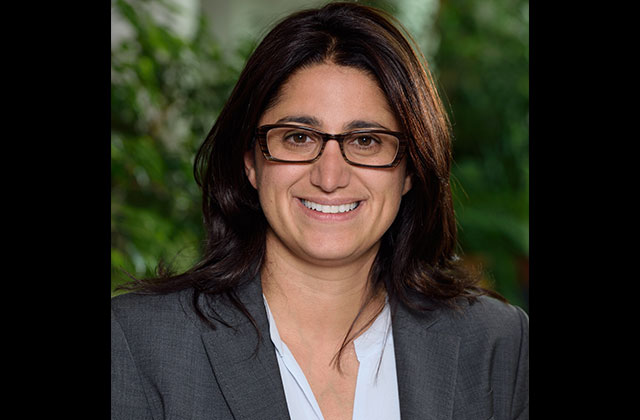Two of the whistle blowers who brought global attention to the water crisis in Flint, Michigan, were recently honored for their work—and they promptly showed that they are still fighting for the city and its residents.
On Friday (July 21), pediatrician Dr. Mona Hanna-Attisha of Michigan’s Hurley Medical Center and Virginia Tech University engineering professor Marc Edwards received the MIT Media Lab Disobedience Award. “Both are scientists who became activists, using rigorous research to investigate the concerns of citizens in Flint, Michigan, to unravel a mystery that many in positions of power would have preferred to keep under wraps,” read a statement from MIT. “Their work shows that science and scholarship are as powerful tools for social change as art and protest, and it challenges those of us in academia to use our powers for good.”
This is the first year that MIT has given the award for what it calls "responsible disobedience." Finalists included climate change scientist James Hansen and the water protectors of Standing Rock who protested the Dakota Access Pipeline.
The prize totals $250,000, and each of the winners intends to donate their share to help fight the water crisis. Dr. Hanna-Attisha plans to contribute her $125,000 in full to Flint kids’ recovery efforts. Edwards will give his portion to those he called his "fellow disobedient ones in Flint."
In 2015, Dr. Hanna-Attisha tested blood lead levels in her young patients after being notified by a friend of possible lead poisonng in Flint’s water supply. As previously reported in Colorlines, “Her research found that many Flint children’s blood lead levels had doubled, and even tripled in some cases, after the city switched its drinking water source three years ago.” She was initially dismissed and discredited by city, state and federal government officials when she released her findings. Currently, Dr. Hanna-Attisha directs Michigan State University and Hurley Children’s Hospital Public Health Initiative, a public health program that works to monitor and minimize the impact of lead in Flint’s drinking water.
The MIT award is not the first time Edwards has been recognized for his research on lead poisoning. In 2004, Time magazine hailed him as one of the world’s most innovative minds for his research on contaminated water. He has also extensively researched the health impacts of elevated lead levels on children in Washington, D.C. In 2016, The New York Times called him a “troublemaker scientist” after he conducted a widespread, independent evaluation of Flint’s water and, in September 2015, held a press conference to announce the high levels of lead he found.
"[Hanna-Attisha and Edwards] saw, not a looming harm, but an actual harm that was occurring and they did what they needed to do to intervene," Joi Ito, director of the Media Lab, said in an interview with Reuters.
Three years after the Flint water crisis began, the city still lacks water that is safe to drink without a filter. Last month, residents wrote letters—and delivered them in empty water bottles—to inform Michigan governor Rick Snyder of how the city’s water crisis continues to impact them, which includes hospital bills and fears associated with showers and washing dishes.
